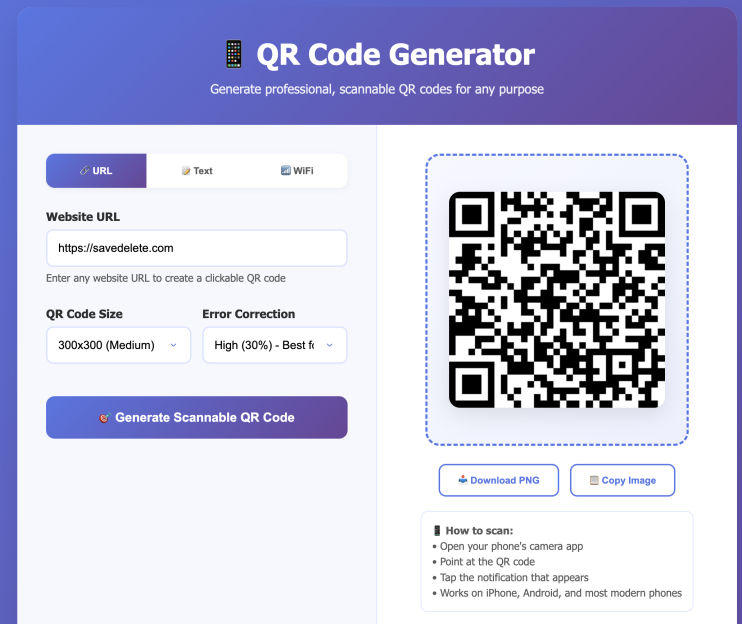You’re on your way to a meeting. Or maybe running a quick work errand between calls. Suddenlyâbam. Someone hits your car. It shakes you up, sure, but it seems manageable. You figure your insurance (or your employer’s policy) will sort it all out.
That’s where many people miscalculate.
Whether you’re using your own car, an employee behind the wheel for company business, or a small business owner juggling both roles, what happens after a crash can create two types of damage: physical and financial. And the biggest mistake? Not talking to a lawyer early on.
From delayed medical payments to surprise liability, the aftermath of a motor vehicle accident often snowballsâand fast. Here’s a closer look at how post-crash decisions can hit both individuals and businesses hard if legal guidance isn’t part of the process.
Why Things Get Messy When Work and Driving Mix
The moment a crash overlaps with work-related use of a vehicle, even casually, the legal landscape shifts.
Most personal auto policies don’t cover business use . At the same time, many company insurance plans don’t apply unless the vehicle is owned or officially assigned. And in the gig economy, drivers often fall through the cracks entirely.
Common examples that complicate claims:
- An employee runs a quick errand for their boss in their own car
- A small business owner uses their vehicle to transport equipment or clients
- A food delivery or rideshare driver is involved in an accident mid-shift
In these situations, responsibility can bounce between multiple insurers, while victims wait, unpaid and frustrated. Meanwhile, paperwork piles up, vehicles sit in shops, and recovery gets more stressful by the day.
The True Cost of Skipping Legal Help
Not everyone thinks about calling a lawyer after a car accident. Especially if the crash seems “minor”; or there’s no major injury at first. But what starts as a delay in filing a claim can become a long-term financial loss. Let’s look at what’s often at stake:
- Medical Expenses That Get Denied
Insurers may argue that injuries weren’t serious or weren’t directly caused by the crash. Without early medical documentation and legal support, many people get stuck paying out of pocket or forced into low settlements.
- Income Loss and Business Downtime
Employees may face unpaid leave or reduced hours. Self-employed professionals and gig workers might lose client trust, revenue, or both. Without someone calculating real losses tied to the accident, many claims fall short.
- Vehicle Coverage Gaps
Even if your car is covered for personal use, your claim may be denied if you were driving for work. Replacing or repairing a business-essential vehicle can become a massive unexpected cost.
- Aggressive Insurance Tactics
Insurers often try to close the book early, before the full scope of injuries or losses is clear. Quick “final”; offers are common, and usually far less than victims need to fully recover.
Why Involving a Lawyer Early Can Save You Money Later
Legal professionals who handle vehicle crashes, especially those involving injuries that seem minor at first, aren’t just for filing lawsuits. In many cases, a minor car accident lawyer plays a critical role in:
- Help organize medical records and treatment plans
- Intervene in denied or delayed claims
- Negotiate with insurers and hospitals to reduce out-of-pocket costs
- Uncover all available sources of compensation (including policies victims didn’t know applied)
- They also help protect individuals from accidentally admitting fault, missing deadlines, or signing away future rights.
For business owners, involving a lawyer early can also limit exposure to liability, especially if an employee was involved, or if the business vehicle policy has restrictions that weren’t clear before the crash.
The Business Owner’s Blind Spot: What Happens When an Employee Crashes
Business owners are often surprised to learn they can be held financially responsible for accidents involving their employees, even if the employee was driving their own car. These cases fall into what’s called “vicarious liability,”; and depending on the state, it can apply broadly.
Some insurance policies include “non-owned vehicle”; coverage for this reason, but not all. If an employee causes injury or property damage while doing something job-related, the employer may be pulled into the claim or even face litigation.
Even beyond legal exposure, accidents can sideline employees, slow down operations, and affect a company’s reputation, especially if the crash involves branded vehicles or affects client service.
That’s why small businesses should work with insurance and legal professionals, not just after a crash, but before, to review policies and prepare for potential risks.
One Crash Can Hit Twice
Whether you’re an employee driving between appointments, a business owner managing a fleet, or a gig worker hustling through orders, a single crash can disrupt both your personal life and your business income.
Too many people rely on insurance alone, only to find out how many limitations apply when it matters most. And many avoid calling a lawyer because of common myths: that it’s too expensive, that it means going to court, or that it’s only worth it for serious crashes.
In truth, most personal injury lawyers don’t charge anything upfront, and many cases settle without a lawsuit. Even so-called “minor”; crashes can lead to long-term costs if not handled properly.
Getting legal guidance early isn’t about being aggressive, but about protecting your health, your finances, and your future.







